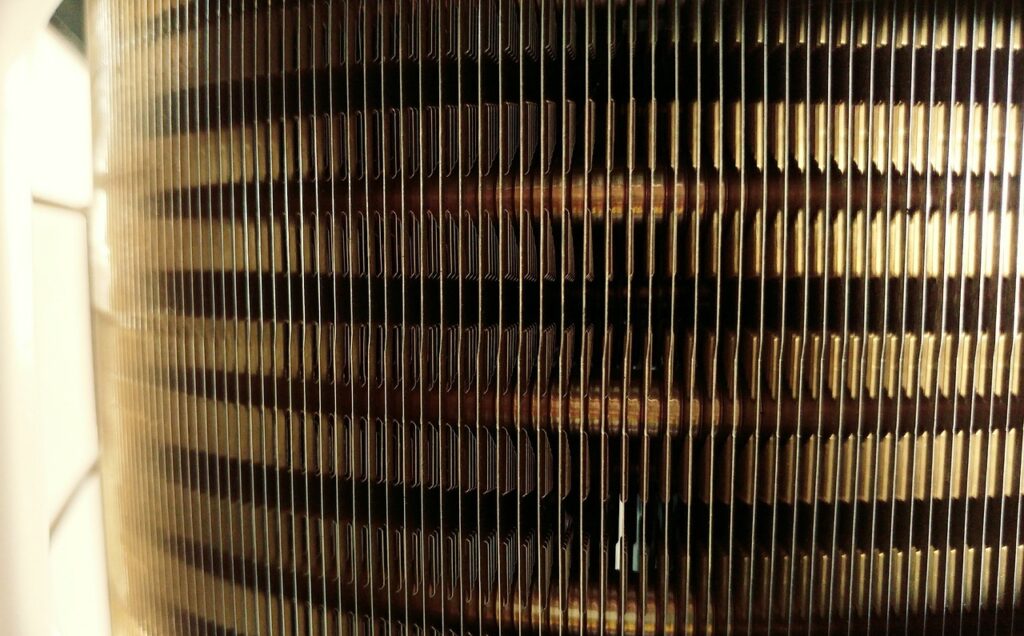Electrical geysers are water heating devices that use strength to warmth water, presenting a reliable source of warm water for houses and groups.

Storage water heaters, additionally known as tank water heaters or tank-type water warmers, are gadgets that heat and save a large quantity of water for use on call for. These are the most not unusual type of water heater used in homes and business homes. They consist of a huge insulated tank that holds the water even as it’s miles being heated, generally the use of strength, gasoline, or solar energy.
Key Features:
Storage Tank: The water is saved in an insulated tank that stages in potential from approximately 20 to 80 gallons (or more), depending on the version and meant use.
Heating Element or Burner: In electric models, one or extra heating factors inside the tank warm the water. In gasoline fashions, a burner positioned at the bottom of the tank heats the water.
Thermostat: A thermostat controls the water temperature, generally set to round a hundred and 20°F (49°C) for protection and efficiency.
Geysers are herbal hot springs that intermittently discharge water and steam into the air. This eruption happens whilst groundwater is heated through geothermal activity below the Earth’s surface, typically through nearby magma. The strain from the heated water builds up through the years till it’s miles launched in a dramatic jet.
Some of the maximum famous geysers are discovered in locations like:
Yellowstone National Park (USA) – Home to the arena’s most well-known geyser, Old Faithful, which erupts approximately each 90 minutes.
Iceland – Known for the Geyser warm spring area, wherein the time period “geyser” become first coined.
New Zealand – The Volcanic Valley and Rotorua area are wealthy in geothermal pastime, along with geysers.
Chile – The El Geysers in the Andes mountains are the third-largest geyser field inside the global.
Geysers play an crucial function in geothermal energy production and also are a sizeable traveler attraction in lots of areas.
Types of Geysers:
Geysers are classified based totally on their functions, functioning, and the sorts of strength they use to produce hot water. The term “geyser” can also confer with water heating devices, like in the case of water warmers in a few regions, but within the context of herbal geysers (geothermal functions), they’re basically classified through their eruption styles and temperature.
Here are the unique styles of geyser-like water warmers and their makes use of:
Storage (Tank) Geysers/Water Heaters:

These are the maximum not unusual sort of water warmers discovered in homes.
How They Work: These geysers have a tank that shops water. The water is heated and stored in the tank until it’s wanted. They use power, fuel, or solar strength to warmness the water.
Uses:
Household use for bathing, cleaning, and cooking.
Commercial use in hotels, hospitals, and offices where a steady supply of hot water is required.
Advantages: Easy to put in, available in diverse capacities, notably low cost.
Disadvantages: Space-consuming and less energy-efficient in comparison to more recent technology.
Instant (Tankless) Geysers:
These geysers warmness water on demand, with out the want for a garage tank.
How They Work: Water is heated because it flows thru the heating element. No garage is concerned, and warm water is produced right away.
Uses:
Suitable for households or spaces with constrained area in which instantaneous warm water is wanted for sports like showers or handwashing.
Ideal for smaller houses, residences, and places wherein there’s limited water call for at any given time.
Advantages: Compact, power-green (no standby warmth loss), provides non-stop warm water.
Disadvantages: May not be appropriate for excessive-demand conditions (e.G., multiple taps going for walks immediately), and installation may be more pricey.
Gas Geysers:
These use natural gas or LPG to heat the water.
How They Work: A fuel burner heats the water inside the geyser, typically with a gasoline-powered pilot mild to preserve the flame.
Uses:
Common in regions in which energy is highly-priced or unreliable.
Often utilized in regions with get right of entry to to natural fuel or in which gas supply is ample.
Advantages: Faster heating, decrease running fees in comparison to electric powered models, greater environmentally friendly.
Disadvantages: Requires gasoline connection and proper air flow to keep away from carbon monoxide buildup.
Solar Geysers (Solar Water Heaters):
These use sun power to heat water.
How They Work: Solar panels (creditors) absorb daylight and convert it into warmness, that’s then transferred to the water saved in a tank.
Uses:
Residential houses, mainly in sunny climates, to reduce power payments.
Commercial institutions aiming for sustainability.
Advantages: Environmentally pleasant, reduces strength prices ultimately, low preservation.
Disadvantages: High initial value, depending on weather situations, requires a massive installation vicinity for solar panels.
Heat Pump Water Heaters:
These extract warmth from the air (or ground) to warmness the water.
How They Work: A warmth pump makes use of electricity to transport heat from one place to any other (usually from the air or ground) into a water tank, that is then heated.
Uses:
Suitable for residential and industrial use where power efficiency is a priority.
Advantages: Highly power-green, decrease operational expenses, environmentally pleasant.
Disadvantages: High in advance cost and installation complexity, works great in warmer climates.
Uses of Natural Geothermal Geysers (Erupting Geysers):
Natural geysers, which might be geothermal functions observed in regions with volcanic hobby, have numerous uses:
Geothermal Energy: In a few regions, geothermal geysers and warm springs are used to generate power thru geothermal electricity flowers.
Tourism: Geysers are famous tourist attractions, including Yellowstone National Park inside the U.S., and geothermal spas like Blue Lagoon in Iceland.
Scientific Research: Geologists and other scientists study natural geysers to examine greater about Earth’s geothermal tactics.
Thermal Baths: In regions like Iceland, human beings use the evidently warm water from geysers for bathing and relaxation.
In precis, geysers (both natural and mechanical) are valuable for a huge range of packages, from domestic water heating to commercial use in producing energy or for enjoyment activities.
